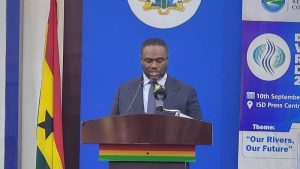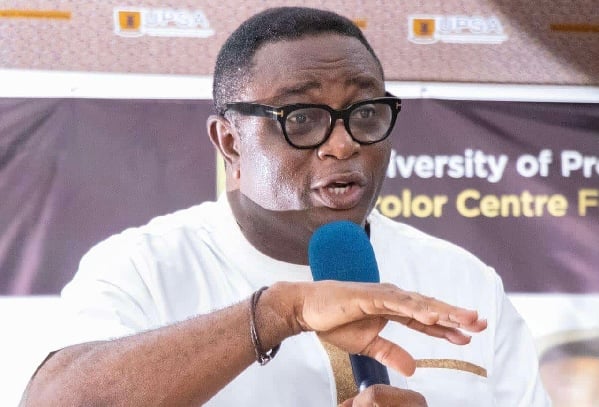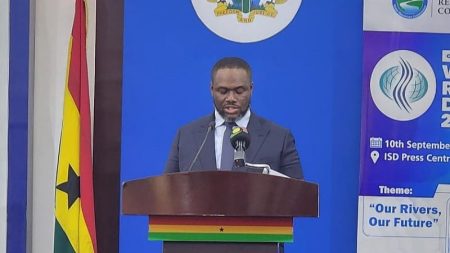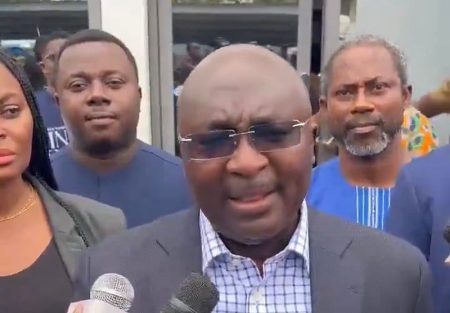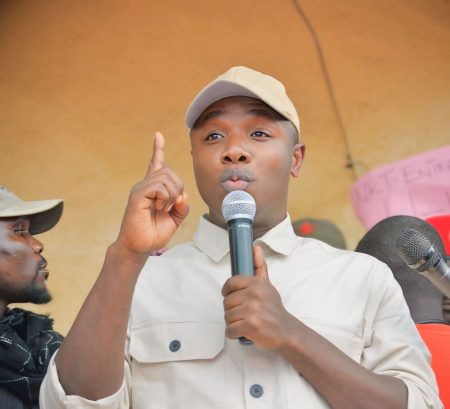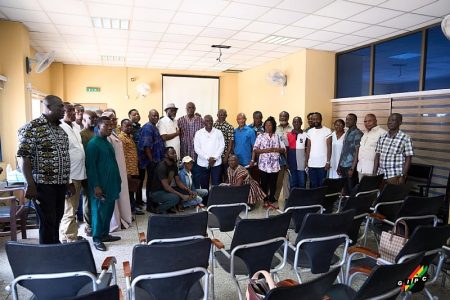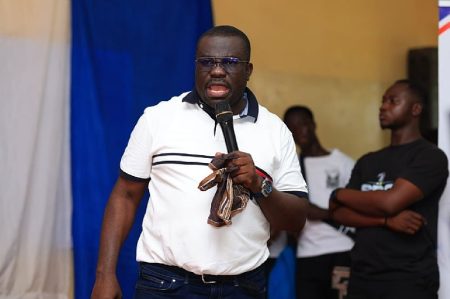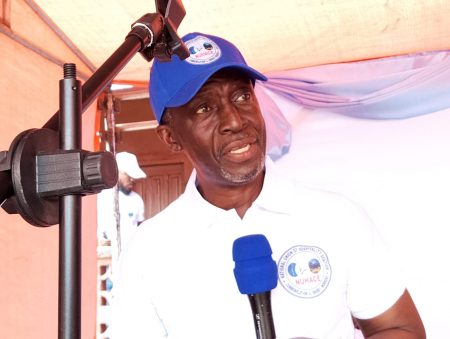The Ghanaian Presidency, under the leadership of John Dramani Mahama, has issued a directive requesting all prophets in the country to formally submit prophecies concerning high-profile individuals and matters of national security to the newly established Office of the Presidential Envoy for Interfaith and Ecumenical Relations. This directive, communicated in a statement signed by Elvis Afriyie Ankrah, the Presidential Envoy, aims to establish a structured mechanism for managing prophetic pronouncements with national implications, thereby ensuring responsible handling and mitigating potential negative consequences. The Presidency has also called upon church leaders to actively guide prophets under their purview to share such prophecies for review and appropriate action.
This move towards a more coordinated approach to managing prophetic pronouncements reflects the government’s desire to balance religious freedom with national security concerns. The statement emphasizes the significance of prophecies related to political leaders, governance, national security, and public stability, underscoring their potential impact on social order and national cohesion. By centralizing the reception of such sensitive prophecies, the Presidency aims to create a platform for dialogue and collaboration with religious leaders, promoting a more harmonious relationship between the spiritual and temporal realms of Ghanaian society.
The timing of this directive is significant, coming shortly after a fatal helicopter crash that claimed the lives of several prominent figures, including government officials, military personnel, and party executives. Reports indicate that some prophets had foreseen events related to the tragedy, highlighting the potential impact of such predictions on public perception and morale. The Presidency’s call for increased prayer for the president, government, and bereaved families further emphasizes the role of faith in navigating national crises and offering solace in times of grief.
The establishment of the Office of the Presidential Envoy for Interfaith and Ecumenical Relations signifies a formal recognition of the important role religious leaders play in Ghanaian society. It represents a significant step towards building stronger ties between the government and religious communities, facilitating open communication and mutual understanding on matters of national importance. This initiative also underscores the government’s commitment to fostering a climate of respect and inclusivity towards diverse religious beliefs.
The directive to submit prophecies has the potential to generate debate regarding the intersection of religious freedom and government oversight. Critics may argue that such a directive infringes upon the right to free expression and religious practice. However, proponents might counter that the government has a legitimate interest in ensuring that prophetic declarations do not incite violence, spread misinformation, or undermine national security. Striking a balance between these competing concerns will require careful consideration and ongoing dialogue between the government and religious leaders.
Moving forward, the successful implementation of this directive will depend on the cooperation and willingness of religious leaders and prophets to engage with the newly established office. Building trust and mutual respect between the government and religious communities will be crucial in fostering a collaborative approach to managing prophecies of national significance. The long-term impact of this initiative will likely depend on how effectively it navigates the complex interplay between religious expression, public safety, and national stability. Ultimately, the goal is to create a framework that respects religious freedom while safeguarding the interests of the nation and its citizens.



